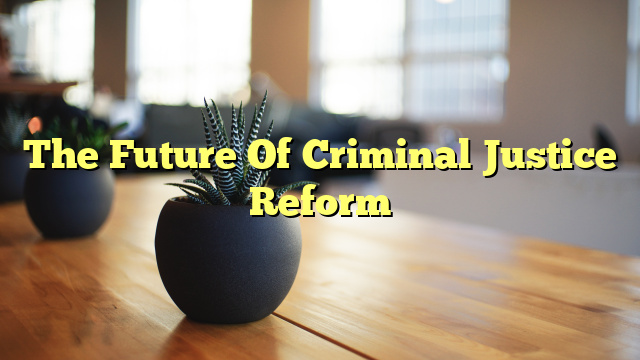Table of Contents
Overview
The criminal justice system in the United States is facing a period of unprecedented change. The movement for criminal justice reform has been gaining momentum in recent years, and there is a heightened awareness of the need to create a more equitable and just system. This reform is essential to ensure that all citizens are treated fairly and proportionally in the criminal justice system, regardless of race, gender, or socio-economic status.
In this article, we will explore the concept of criminal justice reform and examine some of the possible reforms that could be implemented to create a fairer system. We will also look at the goals of criminal justice reform and the greatest challenges that the system currently faces.
Possible Reforms
There are a variety of reforms that could be implemented in order to create a fairer criminal justice system. Some of the most promising reforms include:
- Reducing the rate of incarceration: The United States has the highest rate of incarceration in the world and much of this can be attributed to the draconian sentencing laws that are in place. By reducing the length of sentences and focusing on rehabilitation rather than punishment, the rate of incarceration can be reduced.
- Reforming police practices: There is an urgent need to reform the practices of police departments in order to ensure that they are held accountable for their actions. This includes implementing better training and accountability measures, as well as providing more resources for officers so that they can perform their duties more effectively.
- Providing support for ex-offenders: Too often, individuals who have served time in prison are released back into society with little support. It is essential that ex-offenders are able to access resources that can help them to reintegrate into society and reduce the likelihood of recidivism.
- Focusing on rehabilitation and treatment: The criminal justice system should focus more on rehabilitation and treatment rather than punishment. This would help to reduce recidivism and ensure that individuals are able to lead productive lives after they have served their sentences.
- Expanding access to justice: The criminal justice system should be more accessible to all citizens, regardless of their race, gender, or economic status. This includes providing access to legal aid and representation, as well as greater transparency in the system.
Goals of Reform
The ultimate goal of criminal justice reform is to create a system that is fair and equitable for all citizens. This includes the following goals:
- Reducing incarceration rates and creating a more effective and rehabilitative system.
- Ensuring that individuals are given equal access to justice regardless of their race, gender, or economic status.
- Creating more transparency and accountability in the system.
- Providing support for ex-offenders to help them reintegrate into society.
- Reducing recidivism and creating more effective alternatives to incarceration.
Challenges
The criminal justice system faces three major challenges in the current environment:
- Racial disparities: Racial disparities are a major issue in the criminal justice system. People of color are disproportionately affected by the system, and this has been exacerbated by the War on Drugs and the trend toward harsh sentencing laws. Reducing racial disparities in the system is essential to ensure that all citizens are treated fairly and proportionally.
- Inadequate resources: The criminal justice system is often underfunded and this has a negative impact on the quality of justice that is provided. In order to create a just system, there needs to be adequate resources available to ensure that


The future of criminal justice reform should not rely on a broad sweeping strategy because every case needs to be evaluated differently.